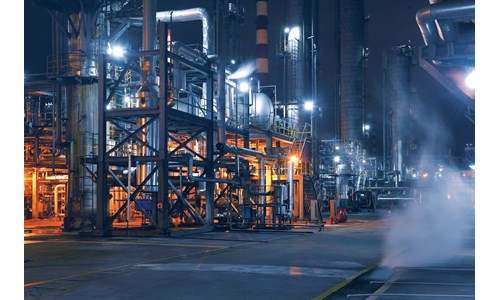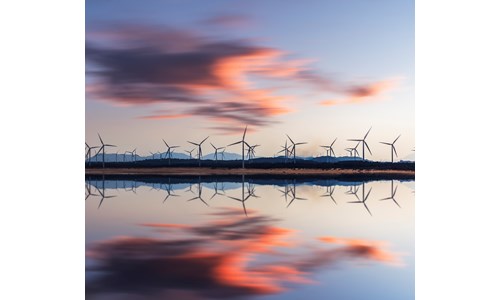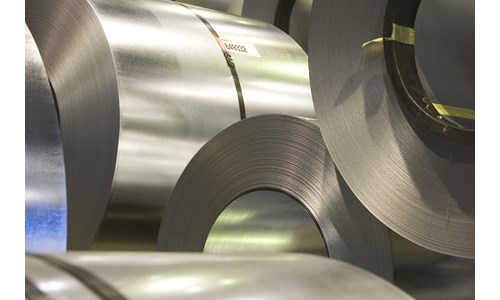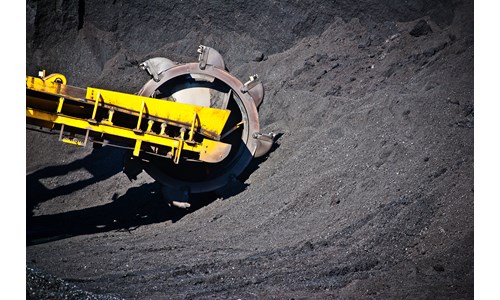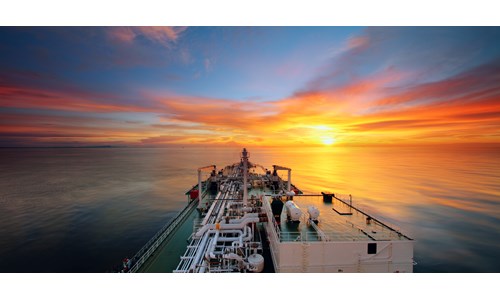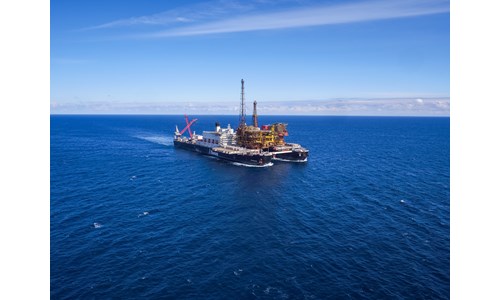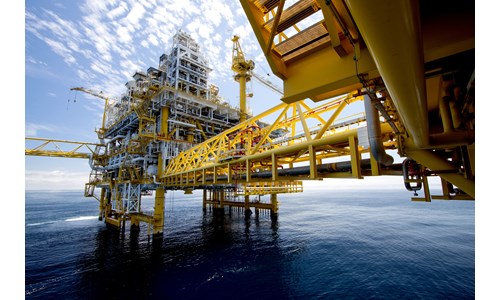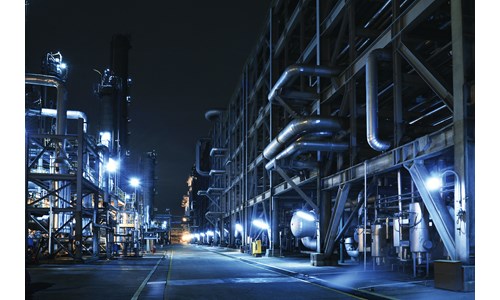Beating the heat: Flickering power reliability in a warming Middle East
*Please note that this report only includes an Excel data file if this is indicated in "What's included" below
Report summary
Table of contents
- No table of contents specified
Tables and charts
No table or charts specified
What's included
This report contains:
Other reports you may be interested in
Global solar PV market outlook update: Q2 2025
Our Global solar PV market outlook Q2 2025 breaks down how policy, supply chain and other market developments affect PV growth through 2034.
$5,990Looking overseas: China’s solar ascent in a fragmented global landscape
critical adaptation strategies across two dimensions, covering diversification of manufacturing hubs and export corridors
$3,000Jebel Ali
A detailed analysis of the Dubal aluminium smelter.
$2,250





